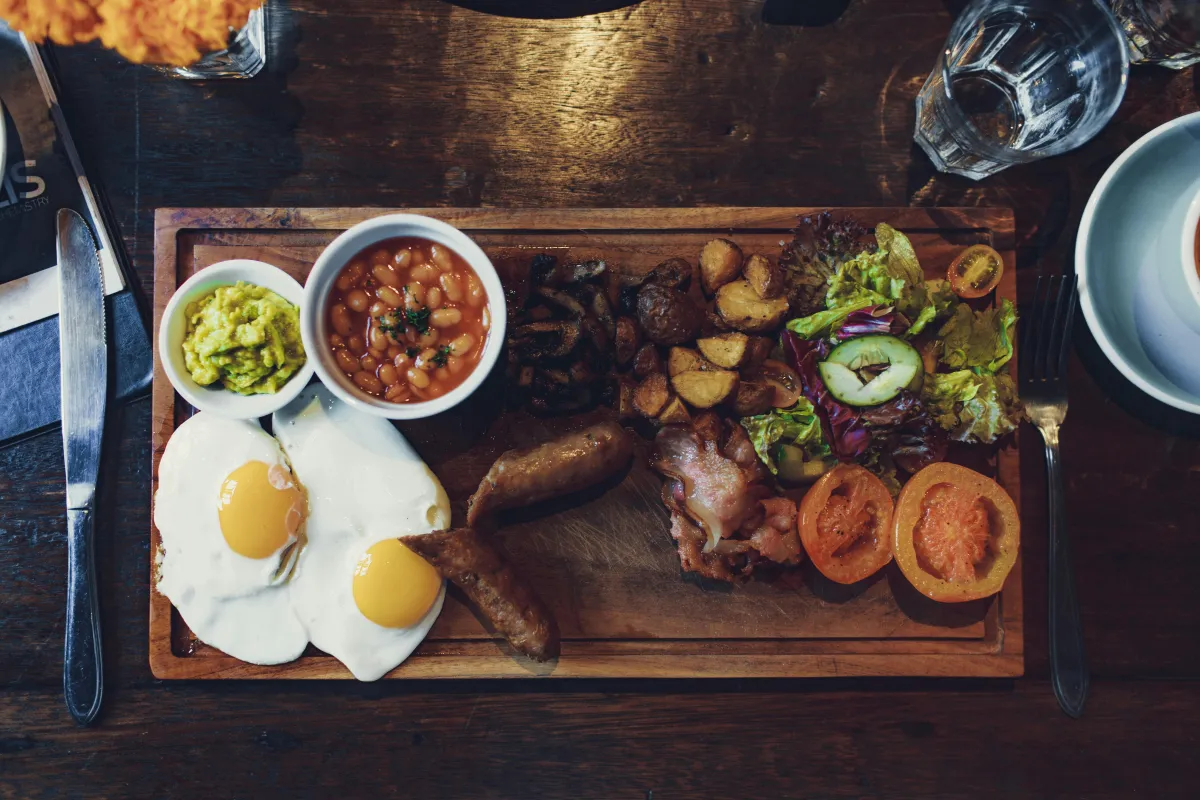Discover The Latest Blogs
Stay updated with Our Informative Blog Posts

You Don't Have to Break a Bone for Protein to Be Important - Carly Mcinnis
You Don't Have to Break a Bone for Protein to Be Important
When we think about recovery, most people imagine bouncing back after a major injury—like a broken bone or surgery. But here’s the truth: your body is constantly recovering, even from minor things like rolling an ankle, tweaking your back, or dealing with those nagging aches and pains after a tough workout. And protein? It’s the foundation of that recovery.
Your body doesn’t differentiate between a small strain and a big injury—it still needs the right fuel to heal.
Think of your body like a construction site. If your muscles, tissues, and ligaments are the buildings, protein is the raw material your body needs to make repairs. Without enough of it, you’re asking your body to rebuild a skyscraper with scraps and duct tape… that’s not going to cut it.
Why Protein is Non-Negotiable for Recovery
When you’re injured or sore, your body shifts into repair mode. Your muscles experience microtears, your tissues become inflamed, and your body sends signals to heal. Protein provides the amino acids your body needs to rebuild and strengthen these tissues. Without enough of it, those repair processes slow down, making your recovery time longer and more frustrating.
Here’s how protein works its magic:
✅ Repairs Muscle Tissue: After an injury or tough workout, protein helps rebuild damaged muscle fibers, making them stronger.
✅ Reduces Inflammation: Amino acids from protein help manage inflammation, preventing it from dragging out the recovery process.
✅ Supports Immune Function: When your body is healing, your immune system is on high alert. Protein gives your body the resources it needs to fight off infections and promote faster healing.
✅ Prevents Muscle Loss: Injuries often mean less movement, which can lead to muscle atrophy. Getting enough protein helps preserve your hard-earned muscle, even during periods of reduced activity.
How Much Protein Do You Really Need?
To maximize recovery (and honestly to just feel better), you should aim for at least 1 gram of protein per pound of body weight. So, if you weigh 150 pounds, that’s 150 grams of protein per day. It sounds like a lot, but spread out over the day, it’s totally doable. Plus, hitting that target doesn’t just help with recovery—it supports fat loss, muscle growth, and overall health.
Weight Loss AND Recovery? Yes, you can do both. There’s a myth that eating more protein while trying to lose weight will somehow slow down your progress. The truth? Prioritizing protein actually protects your muscle mass while in a calorie deficit, helping you burn fat more effectively. So, you can still lose weight and recover faster—win-win!
Neglecting Protein = Making Life Harder
Skipping out on protein when your body is in recovery mode is like trying to put out a fire with a garden hose—it’s just not enough. If you’re not giving your body the tools it needs, you’re making the healing process longer and more difficult than it needs to be.
So, whether you’re nursing a sprained ankle or just feeling the effects of a tough week at the gym, don’t skip the protein. It’s the secret weapon that helps you come back stronger, faster, and ready for whatever’s next.
If you have any questions about recovery, how to work more protein into your day, or simply about a nagging injury, book a call with me or one of our coaches at www.masterathletic.com
Carly McInnis
Coach, Master Athletic Performance




